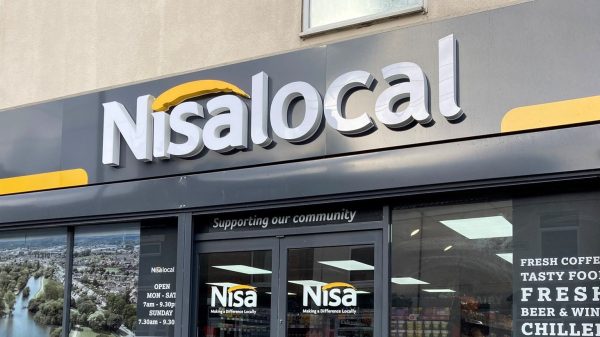Farming bosses have urged the UK government to step in and call for supermarkets to recognise farm input inflation and offer fair prices.
In a session with the Environment, Food and Rural Affairs Committee today (9 January), Riverford Organic Farmers founder Guy Singh-Watson and National Farmers Union dairy board chair Michael Oakes discussed the issue of fairness in the food supply chain.
Singh-Watson said that a third-party survey commisioned by Riverford found that almost half (49%) of British fruit and vegetable farmers feel they will go out of business in the next 12 months and 75% of people think supermarket behaviour is a leading factor.
Subscribe to Grocery Gazette for free
Sign up here to get the latest grocery and food news each morning
Capper explained that part of the issue is retailers choosing not to buy British produce.
“40% of all apples on shelf is British and everything else is imported. Some of it we can’t grow here, but there’s an awful lot that we can grow here and we could have a much higher market share if British retail chose to get behind us and invest.
“But when it’s always cheaper from abroad, it’s too easy for a retailer to put us up against European or South African produce,” she said.
Capper explained that she has previously questioned the water footprint and carbon footprint of imported produce, however added that it’s “not part of what the shopper sees, it’s not part of how the retailer is judged so they’re not interested in those conversations.”
She says that these imports are cheaper because in many cases land and labour costs are lower and there is often more support on energy costs.
As a result, Capper urged the committee: “I’d like you to write to the CEO of every major retailer, and I would like you to call for a recognition of farm input inflation and I would like you to call for fair pricing. You may choose to make an implicit threat that if they don’t, you will legislate for it.”
She also called for measures including long-term multi-annual contracts for farmers and growers, the cap on seasonal workers to be removed, for commerical horticulture to be included in the Energy and Trade Intensive Industries (ETII), and an environmental land management scheme that works with food production.










